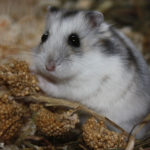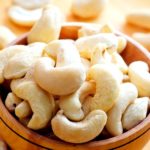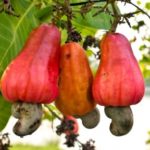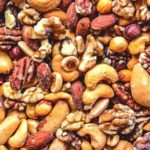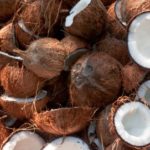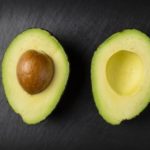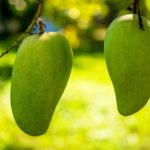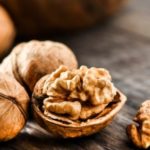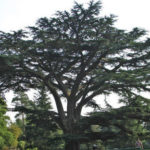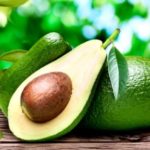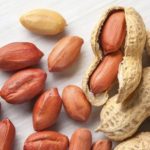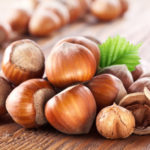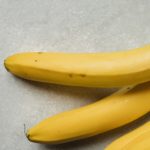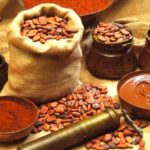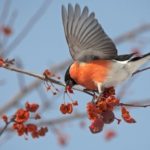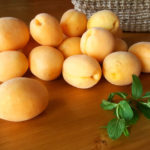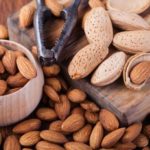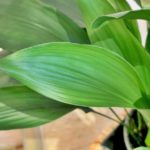Pistachios
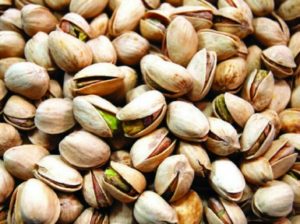 There are many products to help us feel more energized and more fun. One of these products is pistachios. Rumor has dubbed them the “happy nut”. Pistachios are called nuts, but from a botanical point of view, these are seeds. The botanical name is Pistacia vera.
There are many products to help us feel more energized and more fun. One of these products is pistachios. Rumor has dubbed them the “happy nut”. Pistachios are called nuts, but from a botanical point of view, these are seeds. The botanical name is Pistacia vera.
Small gray nuts in a hard shell, with a greenish kernel, have a unique taste. For many useful properties, pistachios are also called the “tree of life.”
Where and how do they grow?
Pistachio, like its closest relative, cashews, a resident of hot and even several arid countries. So, these fruits are rich in areas of Northwest Africa, throughout Asia, Syria, Mesopotamia and in the north-eastern part of Iran. Also, these plants are found in Central America and Texas. Wild pistachio trees grow in Tajikistan, Turkmenistan, Kyrgyzstan and Uzbekistan. These nuts are cultivated in Greece, Spain, Italy and Turkey. Turkey is considered the leader in world exports. In nature, the tree propagates by seeds and shoots, pistachios are artificially grown from cuttings.
Pistachio tree prefers calcium-rich soil. The tree actively uses this useful substance for growth. It grows small, only 4-6 meters, the crown of a tree – it is sometimes called a bush, thick and quite low. Flowers appear in April, and the fruits ripen in September-November.
Pistachio trees are known for their longevity, each can live up to 400 years. If you go to Samarkand, you will definitely be shown a pistachio tree growing next to the mazar of St. Daniel, this tree is more than 500 years old.
By the way, despite its commitment to heat and light, this tree can withstand frosts down to -25 degrees. An interesting fact – manually harvested pistachios only at night. In sunlight, the leaves of the plant secrete essential oils, which in large quantities are extremely toxic. Of course, our century can boast of machines for any purpose, including for collecting nuts.
Useful properties of pistachios
Pistachio nuts have served faithfully to man for more than 2.5 thousand years. They are valued in the east and around the world as a product that has a tonic effect. These nuts are recommended for chronic fatigue.
Each small nut contains copper, manganese, phosphorus, potassium and magnesium. By the content of vitamin B6, this product can argue even with beef liver, and only 30 nuts contain as much fiber as is in a whole serving of oatmeal. Due to its vitamin E content, pistachio nuts have a rejuvenating effect on the body.
Pistachios are indicated for use by people who have problems with the heart and blood vessels. These nuts are also useful for diseases of the liver and respiratory tract. As an additional aid, they are included in the diet of patients with hepatitis and anemia. In addition, they are recognized as an effective aphrodisiac.
After harvesting, the nuts are usually dried in the sun. It is worth noting that this processing method does not include the use of chemicals, so pistachios can be considered an environmentally friendly product. Dried nuts can be stored for a long time – at least a year.
Also on sale are salted and roasted pistachios. This treatment does not add to the benefits of nuts, but helps to keep them even longer.
Pistachios bring undoubted benefits as a food for humans; pistachio wood is widely used in carpentry. It is valued for its density and strength. Resin is also obtained from wood for the production of varnishes.
The leaves of this plant secrete essential oils, which in a reasonable amount are quite useful. However, an overdose of them can cause dizziness. Also, galls are formed on the pistachio leaves – peculiar swellings. They also do not disappear – tannins contained in them are used for tanning the skin, as well as in pharmaceuticals in the manufacture of medicines. The galls were irreplaceable in the paint and varnish industry and in the textile industry. And, besides, branches and leaves have found their application in florists – they are used for decoration.
Speaking about the dangers of these nuts, it is worth noting primarily their danger to allergy sufferers. Pistachios are a highly allergenic product, allergic children, they may be contraindicated. Their overdose even in a healthy person can cause nausea.
Also, these nuts are harmful to people using an orthodontic apparatus for the correction of dentoalveolar anomalies. People suffering from diseases associated with the gastrointestinal tract and kidneys should limit the consumption of pistachios or, depending on the degree of the disease, exclude them from the diet.
